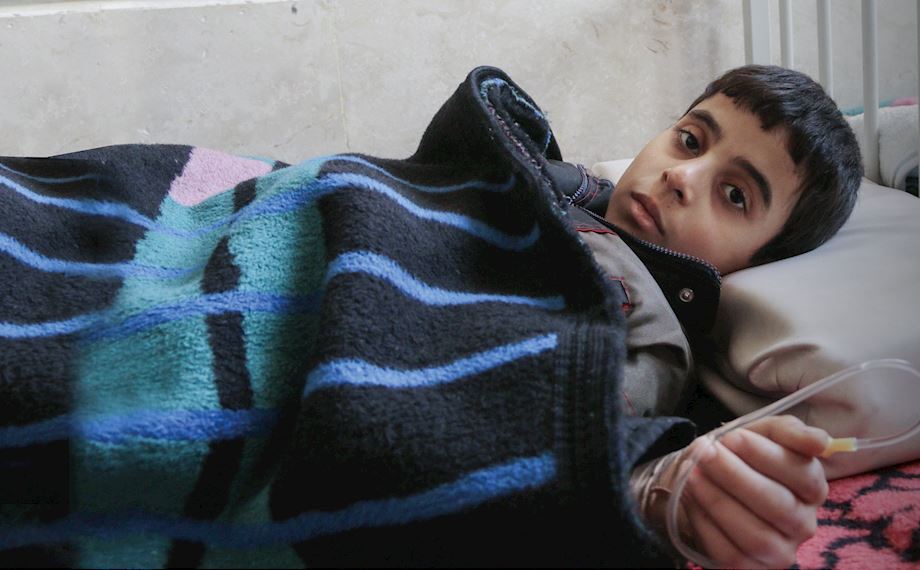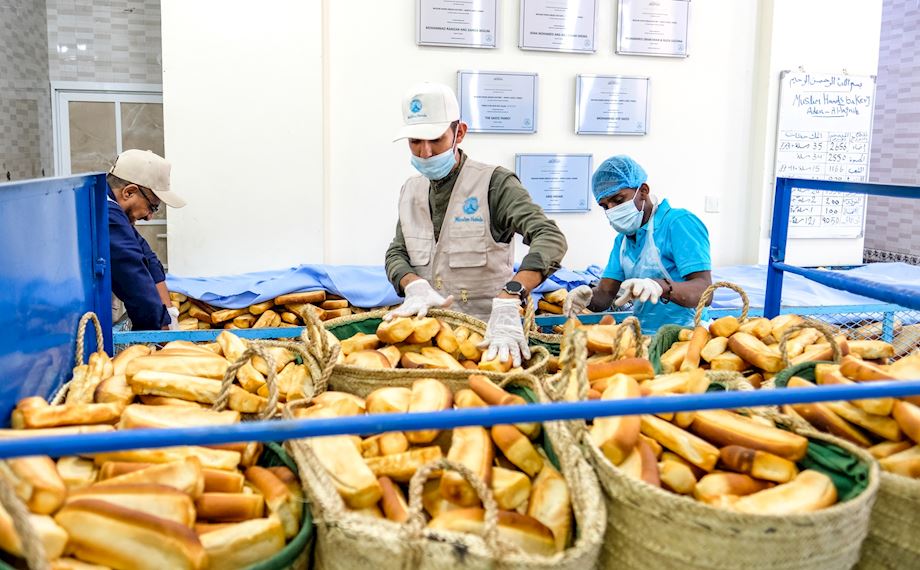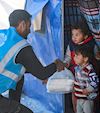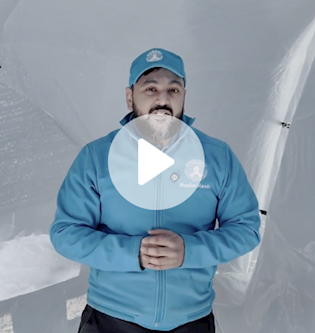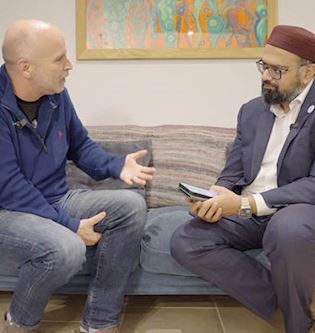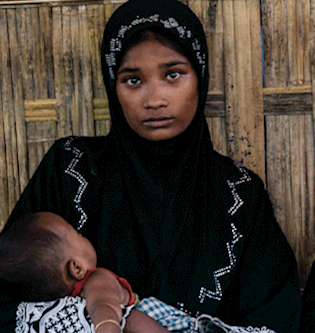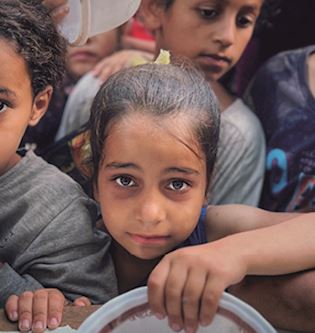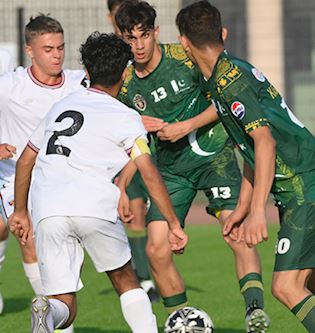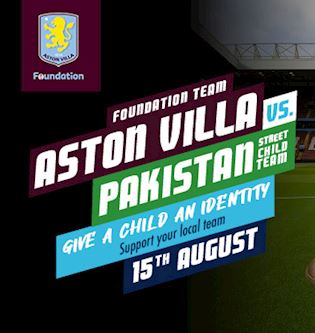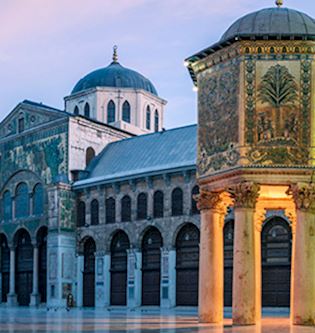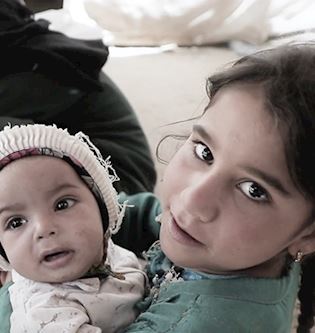Twelve Years of War in Syria: A Timeline of Events

For twelve years, Syria has been fighting a brutal civil war that has claimed the lives of hundreds of thousands of innocent people. It has caused over 6.7 million people to flee their homes and seek refuge in neighbouring countries, while another 6.3 million people have become internally displaced in Syria and now live in overcrowded and poorly maintained camps. The Syrian civil war has been named one of the worst humanitarian crises of our time, and it is not hard to see why.
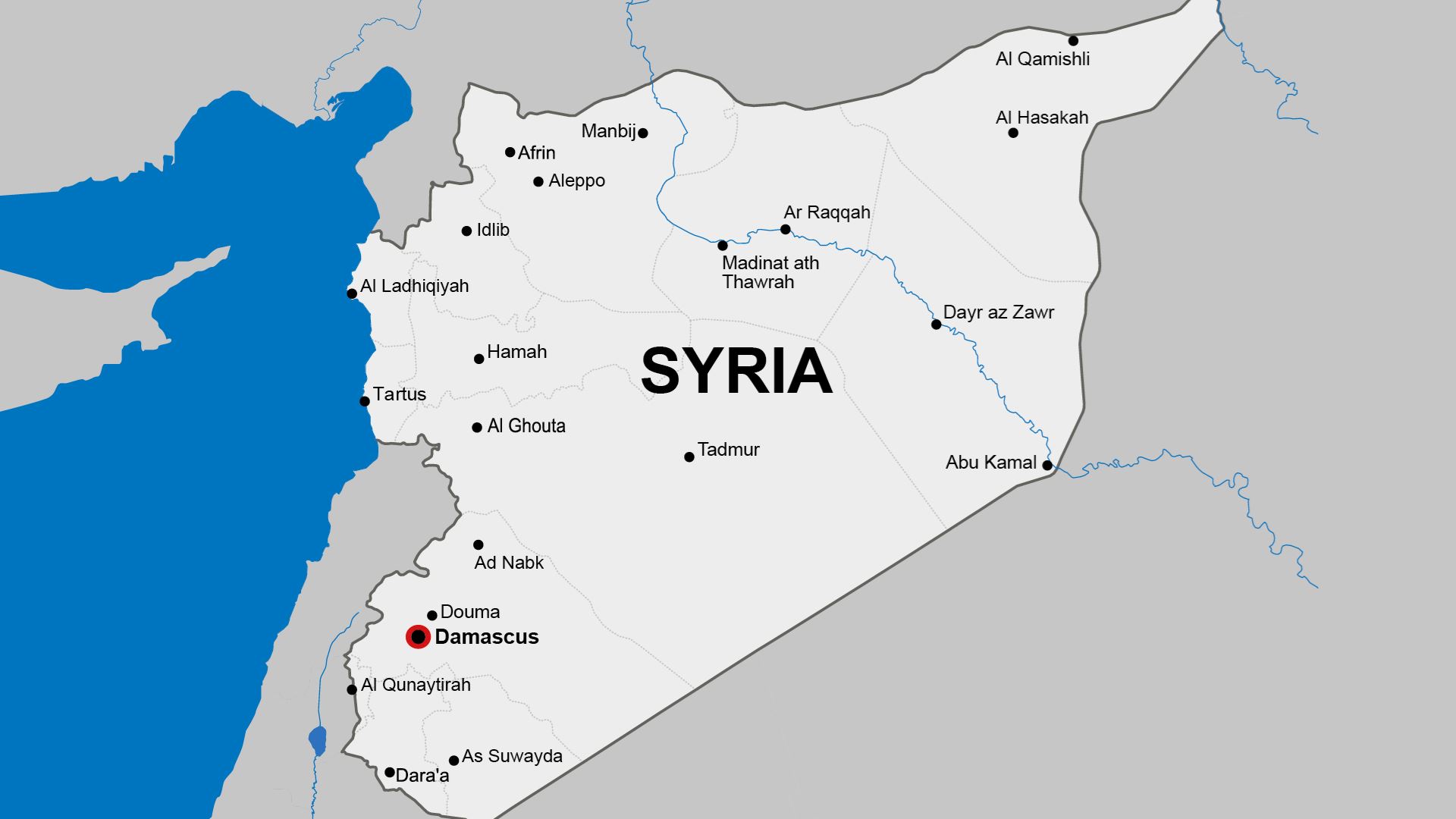
If this wasn’t enough, on the 6th of February 2023, areas of northern Syria were devastated by a 7.8 magnitude earthquake that shattered southern Türkiye near the Syrian border. Aleppo and Idlib were two of the worst hit regions, affecting over 8.8 million people, many of whom were previously displaced by the war.
On this anniversary of the conflict, we will explain the sequence of events from 2011 to the present that has caused so much suffering to the Syrian people. We will unravel many of your frequently asked questions, including:
- What caused the civil war in Syria?
- Is the Syrian war over?
- Is Syria safe?
- What are Muslim Hands doing to help our Syrian brothers and sisters?
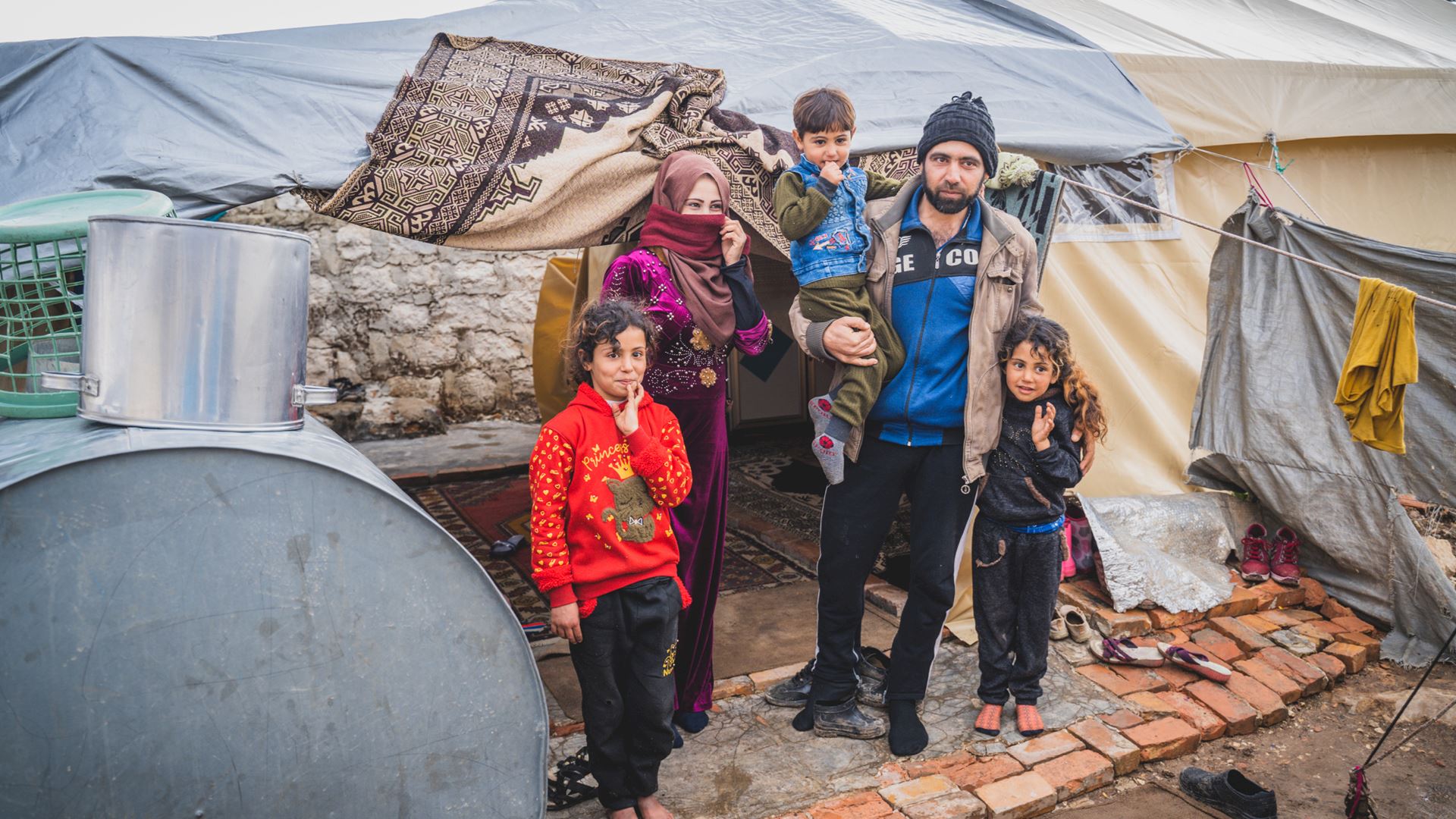
It’s Your Turn Next, Doctor
The phrase that plunged Syria into war, ‘it’s your turn next, doctor’, was graffitied on the side of a school in the city of Dara’a by two teenage boys in March 2011. Inspired by the Arab Spring protests across Tunisia and Egypt, this anti-government graffiti was directed at Bashar al-Assad, president of Syria and doctor of ophthalmology.
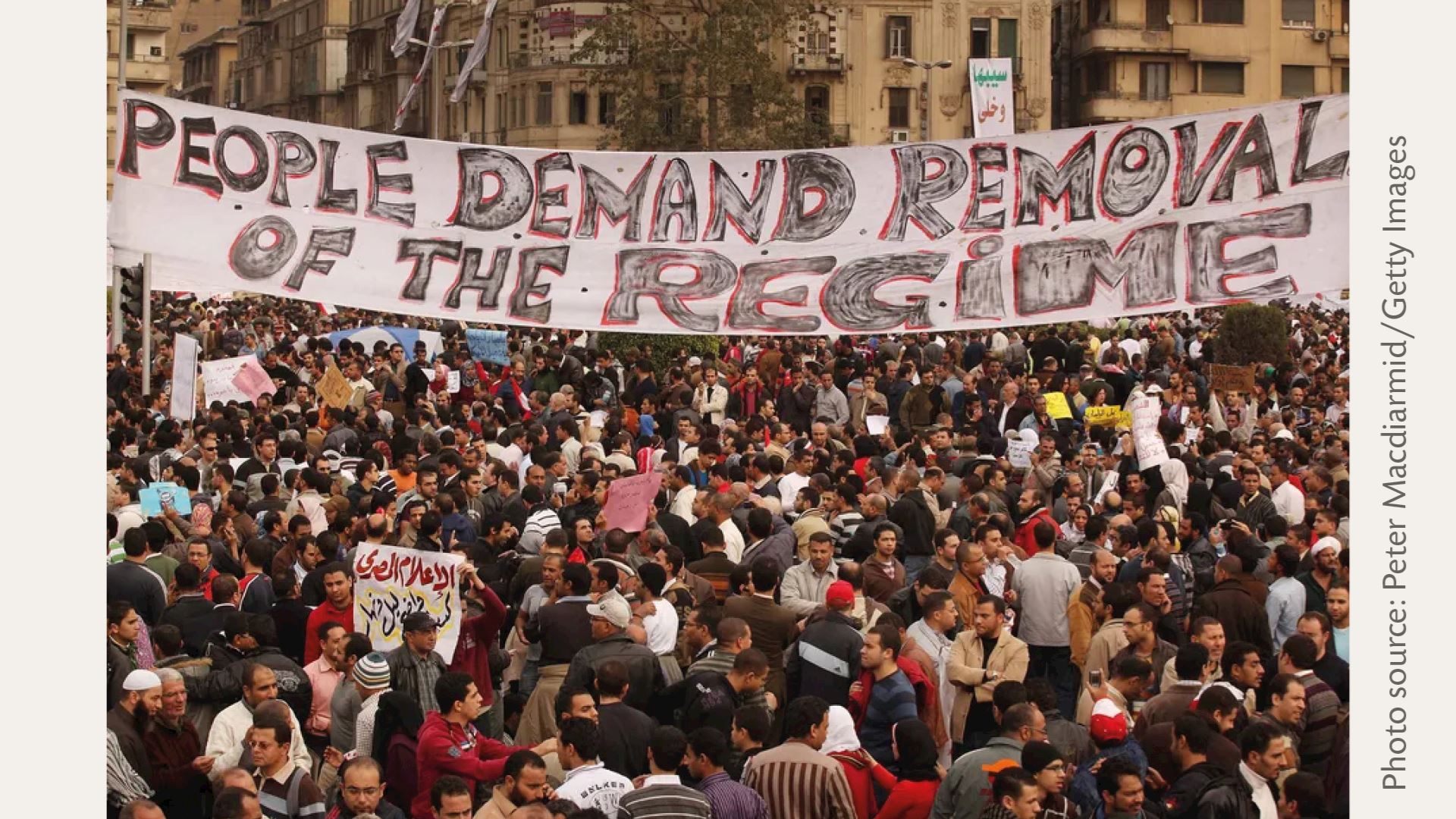
2011
Two days later the boys were arrested and tortured by Assad’s security forces, demanding to know who had prompted them to write it. Their detention was the catalyst that caused numerous protests throughout Syria, demanding for their release. In the months to follow, several opposition groups had emerged to fight government forces, while the UN encouraged peace negotiations and the Arab League, an organisation formed of African and Middle Eastern Arab countries, urged Assad to stand down.
2012
Assad’s government was internally divided on the severity of their approach, however the conflict waged on in Damascus and Aleppo and in 2012 Syria officially entered a civil war. The UN continued to hold peace talks with Assad and the opposition and urged them to enter a transitional body of justice considering the extent of human suffering. Although it was recommended for Assad to step down for this to succeed, Russia and Iran endorsed Assad as a leader and supported his regime.
As peace talks came to a screeching halt, western powers such as the US and France began to support opposition forces.
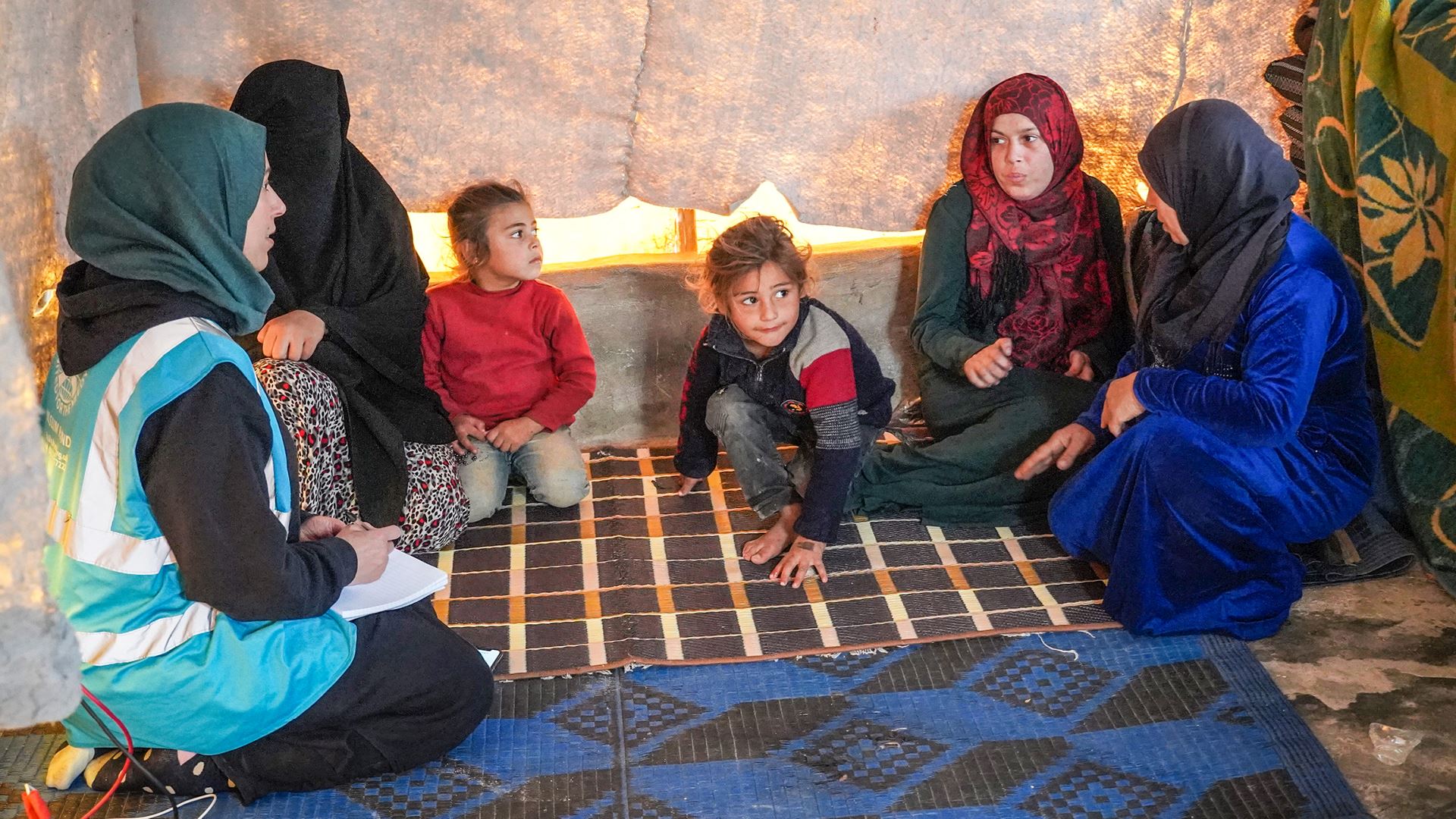
2013
Two years into the conflict and over one million Syrians had been displaced. We responded by renovating an abandoned bread factory in Aleppo. We provided the essential supplies and within days, the factory was producing loaves of bread for the people of Syria. However, there was increasing insecurity across Syria as the rise of Islamic State (ISIS) threatened regions controlled by the Assad regime.
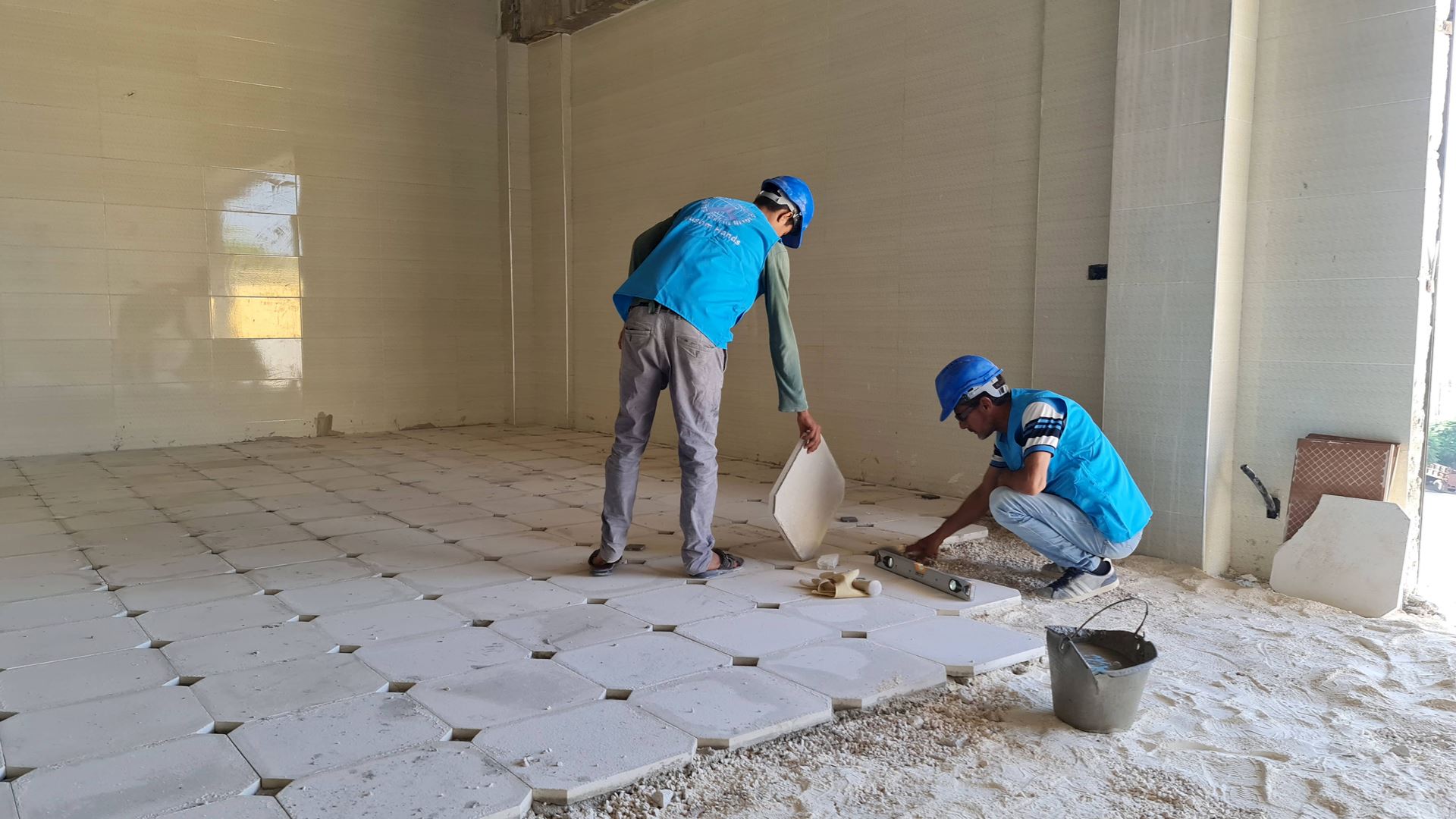
The extreme violence of ISIS stole the attention of western governments, who became more concerned with defeating ISIS than Assad. This, as well as support from Russia, Iran and Lebanese group Hezbollah enabled Assad to escape defeat. Our first year delivering winter aid to Syrian refugees in Lebanon was also Assad’s first year using chemical weapons against the opposition, killing hundreds of men, women and children.
A Fleeting Opportunity for Peace Emerges
The use of chemical weapons in August 2013 sparked an international outcry which forced Assad to hand over the remainder of his chemical weapons. However, Assad’s government had already committed this atrocity and forced western governments to intervene.
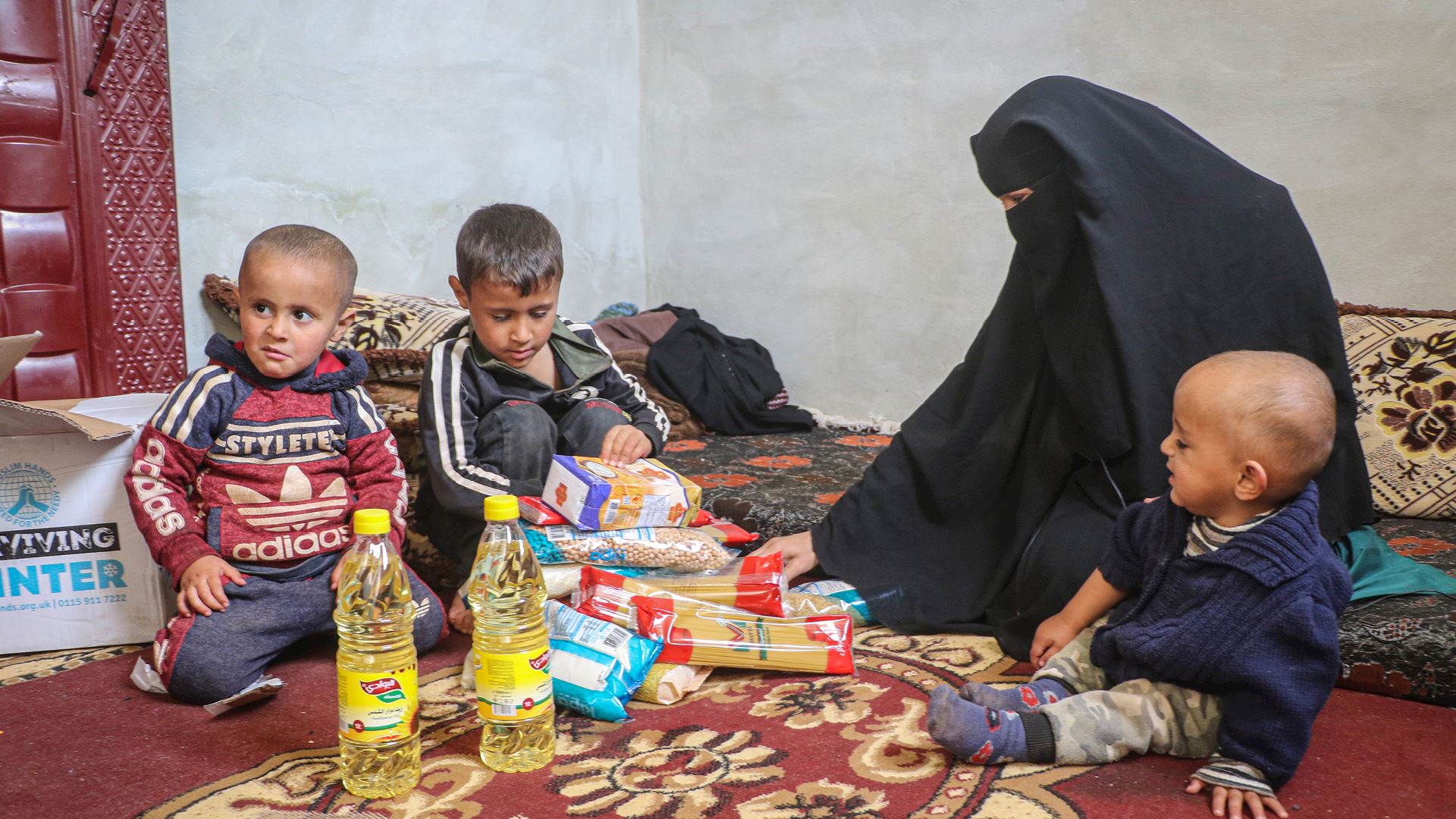
2014 and 2015
While we were responding to the growing Syrian refugee population in Lebanon with water tankers, mobile ambulances and other sanitation projects, the US government launched its first airstrikes against Syria and Iraq against Islamic State. A move that injured and killed both members of ISIS and innocent civilians. During this time, the UK government launched the Syrian Vulnerable Person Resettlement Programme (VPRP) and announced that they would be resettling up to 20,000 Syrians.
The UN Security Council attempted to hold Assad responsible for his war crimes in the International Criminal Court, however, this was voted against by China and Russia. Meanwhile, Russia increased support and weapon supply to the Assad regime. By this time, Muslim Hands had installed domestic water filtration units in over 200 homes in Syria, which gave people access to clean and safe drinking water.
Finally, in December 2015, the first resolution to broker peace in Syria and draft a new constitution for Syria was unanimously accepted by the UN Security Council. In his speech to the Council before the adoption, Secretary General Ban Ki-Moon said, ‘The people of Syria have suffered enough. I call for you to show vision and leadership in overcoming your differences. A fleeting opportunity for peace has emerged; your duty is to seize it.’
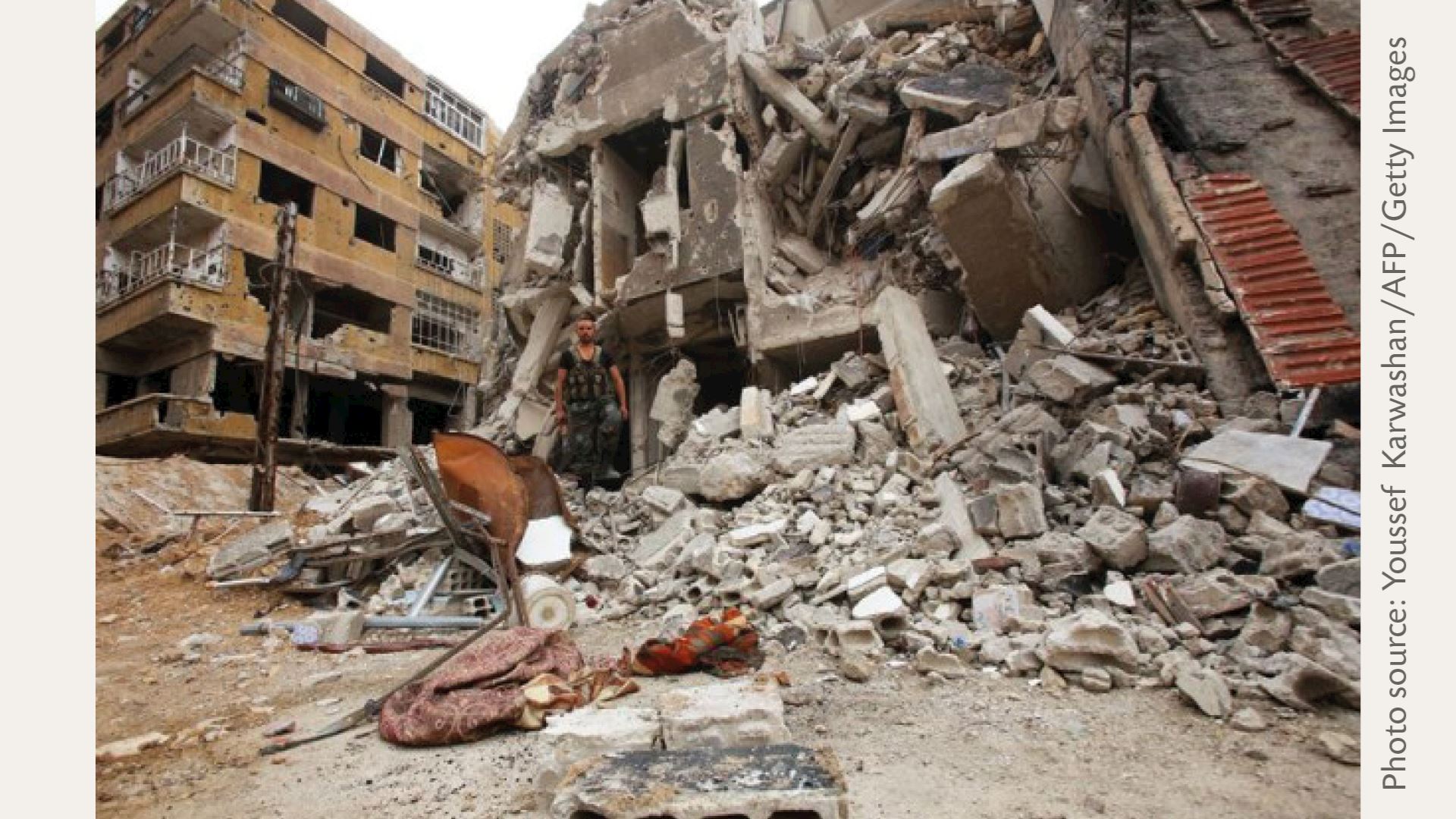
2016 and 2017
Considered by many the turning point in the war, Aleppo, which had been held by opposition groups since 2012, was recaptured by Assad and Russian forces in 2016. This was only achieved through weeks of bombing and thousands of casualties. Western governments did little to respond during this time which enabled the Assad regime to continue to use chemical weapons in their attacks.
In response, you joined us in Queen Elizabeth Olympic Park for Shine for Syria, a 5-mile night walk in aid of Syrian refugees. You also filled our Big Aid Convoy with 400 tonnes of food for Syrian families, that with the help of our partner, AFAD, managed to feed thousands of families in need.
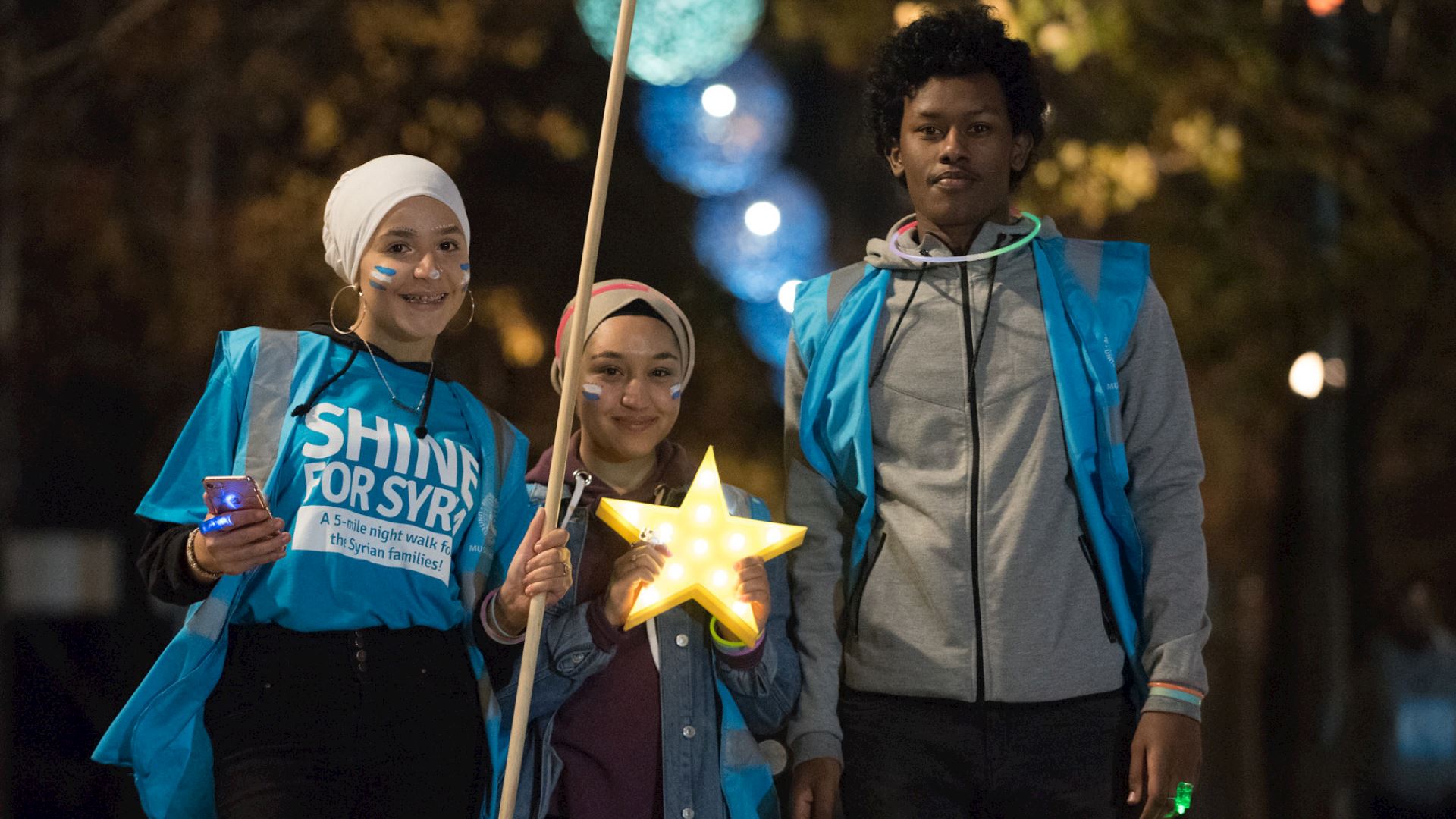
By 2017, ISIS had lost up to 95 percent of its control on Syrian territories. Iran, Türkiye and Russia consolidated a national ceasefire, which established a political settlement to the conflict and set up four ‘de-escalation areas’, where hostilities were to cease. However, as of now three of those four areas have been recaptured by government forces.
No Words Will do Justice
In an act that shocked many, continued violence in Ghouta resulted in UNICEF, the UN’s children fund, releasing a blank statement, horrified by the mass murder of Syrian children and their mothers. It was captioned, ‘No words will do justice to the children killed, their mothers, their fathers and their loved ones. UNICEF is issuing this blank statement. We no longer have the words to describe children’s suffering and our outrage.’
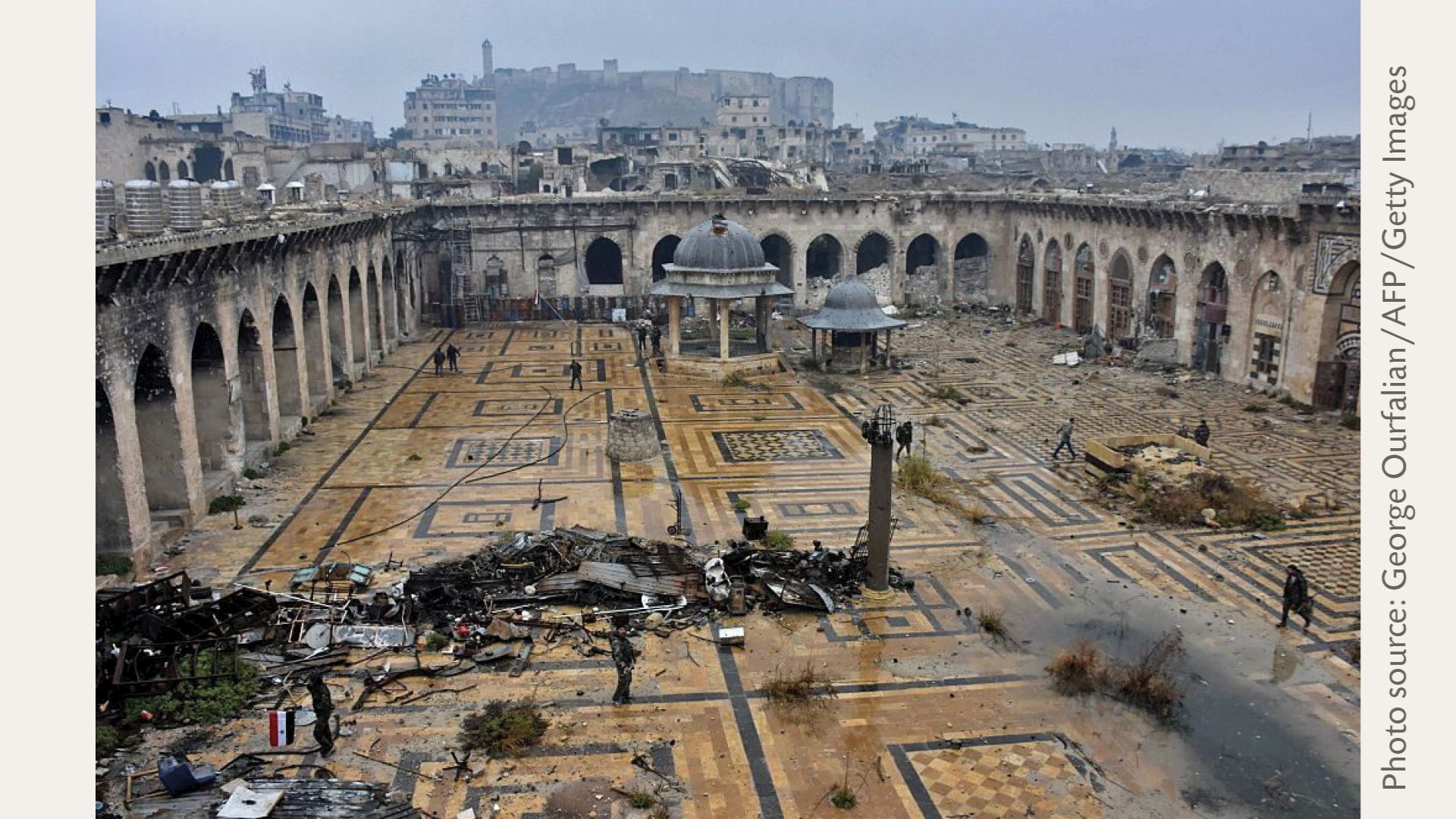
2018
In the United States, Barack Obama ended his presidential term and Donald Trump took over office. This distraction, as well as Trump’s perceived closeness to Putin, gave Assad’s forces the green light to unleash another chemical attack against Douma. In response, western governments, including the US, France and the UK launched airstrikes against the Assad regime.
It was at this point that Russia began to withdraw support and troops from Syria as the war had been going on for seven years at this point and was becoming too expensive for Putin. However, Iran still stayed in Syria to support Assad. At the end of the year, Trump announced that the US was leaving Syria as ISIS had been defeated, but many US troops remained in northern Syria to defend against Iranian forces.
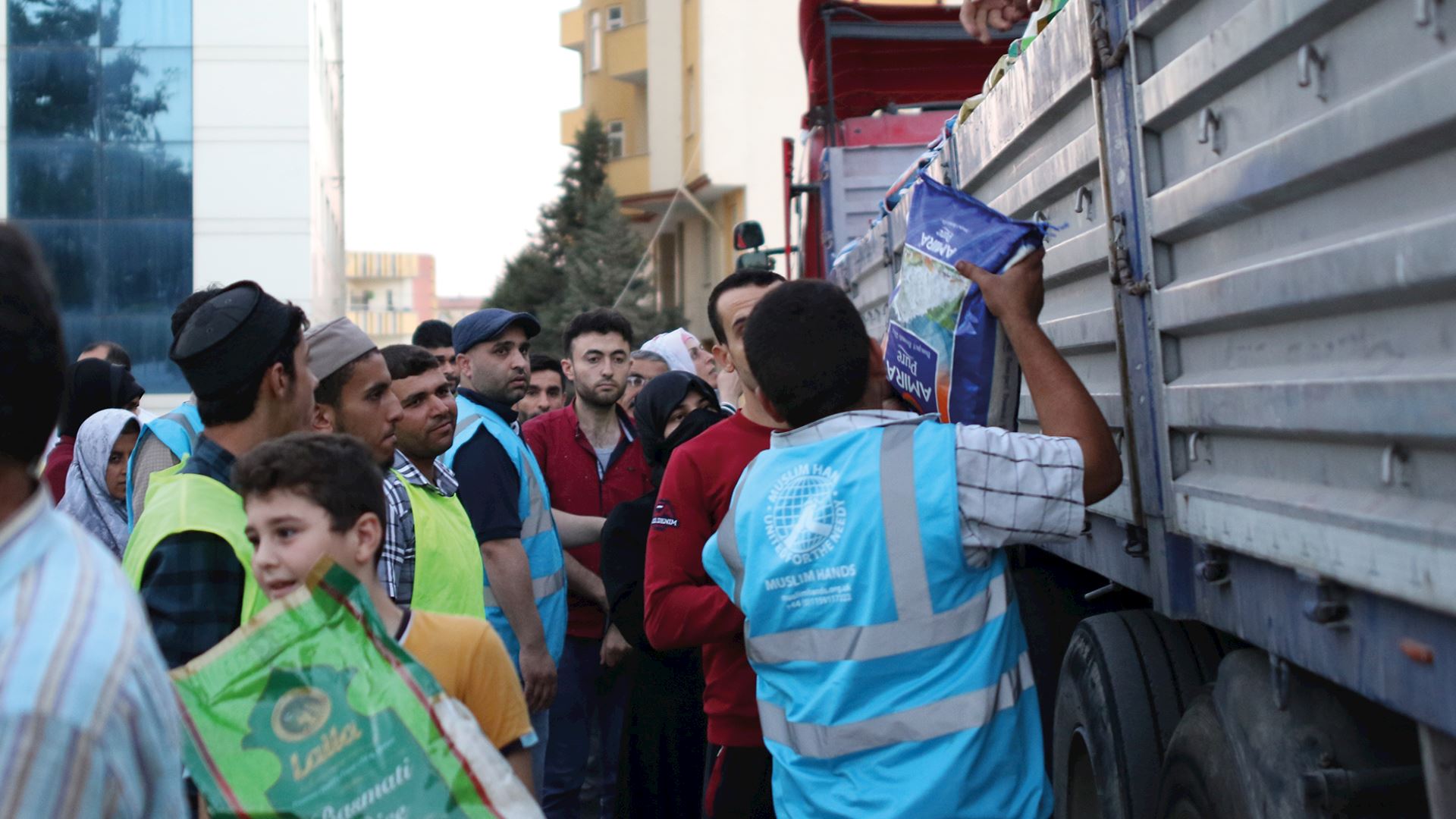
During Ramadan of that year, you rallied together for our second Big Aid Convoy in aid of Syria and donated £1.4 million worth of food staples like flour and rice to feed vulnerable families in Syria.
2019 to Present Day
In recent years, a new Syrian Constitutional Committee has met to discuss drafting a constitution for Syria. However, they have made no progress. In 2020, while we sheltered in our homes from the Coronavirus, Türkiye and Russia established a ceasefire in Idlib after weeks of conflict, which is still held today. At this time, Assad’s forces controlled approximately 70 per cent of Syria.
In 2021 Assad was re-elected as president in an election that has been deemed as ‘unfair and unfree’ by western countries. The city of Dara’a, where this all began, boycotted the election and thus was subjected to weeks of intense fighting until a ceasefire was negotiated.
2022 saw an attempted comeback from ISIS, however, this was put to an end when US airstrikes killed their leader, as well as Iranian forces in northern Syria. Assad’s forces still remain in control and brutal fighting continues on. Syrian families are still living in refugee and IDP camps as they shelter from the violence of the war and the threat of torture and imprisonment if they backed the opposition against Assad. Despite these ceasefires, they are unable to go back to what they once called home and Syria largely remains unsafe for all its inhabitants.
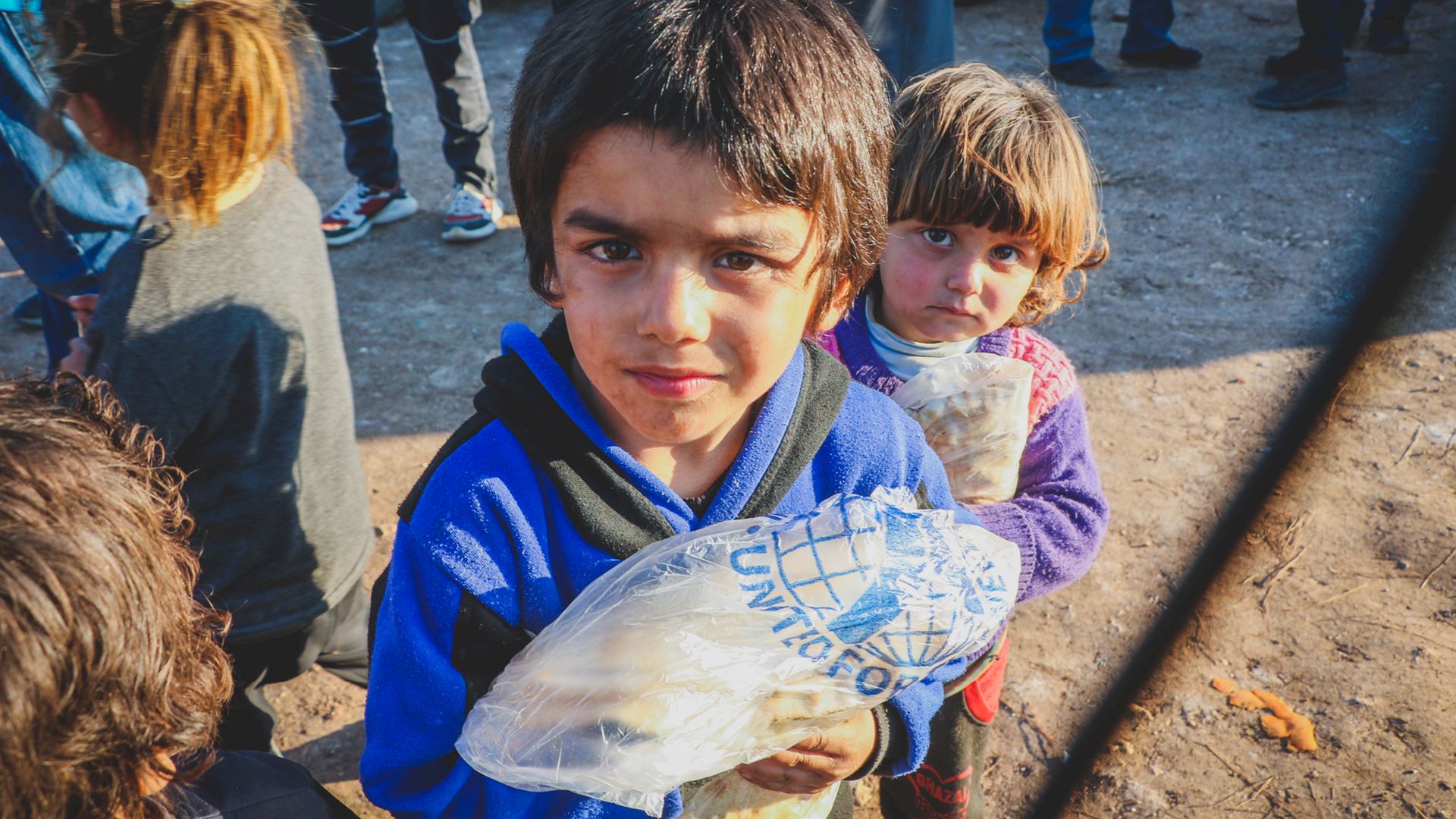
We Cannot Fail the Syrian People
Last year, on the eleventh anniversary of the Syrian war, Antonio Guterres, UN Secretary-General released a statement on the unconscionable human cost that this civil war has brought and that above all, ‘We cannot fail the Syrian people.’
At Muslim Hands, you have helped us keep true to that message by supporting our numerous projects in northern Syria, including our bread factory in Afrin, Syrian family homes in Idlib and humanitarian aid and winter relief to IDP camps in Syria, as well as refugee camps in Lebanon.
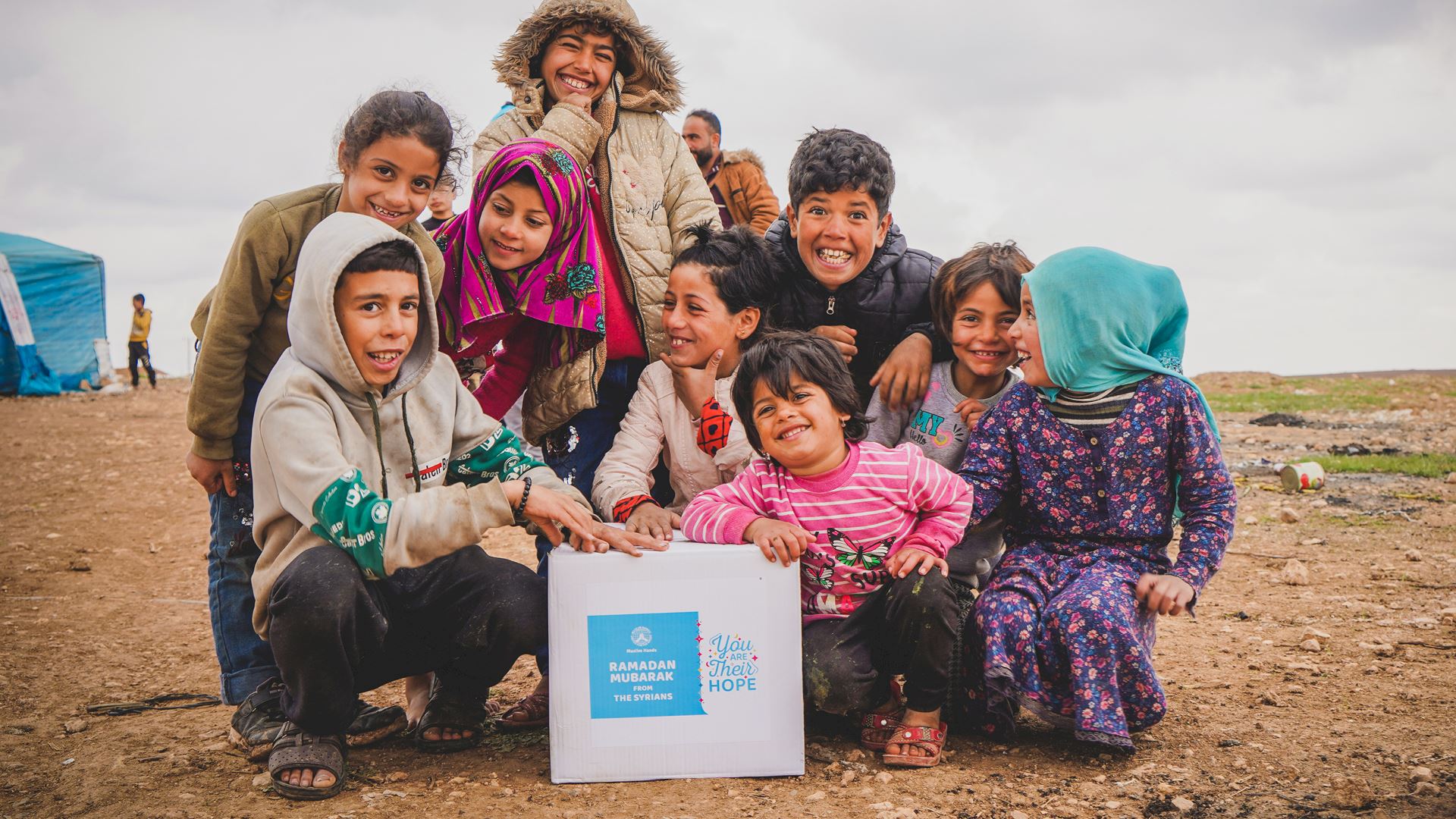
However, a new crisis in Syria has presented itself; thousands of Syrians have died due to the horrific earthquakes in February and millions more have been affected. Those that lost their homes in the war and became displaced will have to pick up the pieces of their lives for a second or third time. Alhamdulillah, you responded graciously, which has enabled us to increase our capacity at the Afrin bread factory to produce 20,000 more loaves of bread per day (a total of 70,000 loaves daily), reaching 10,000 more people affected by the earthquakes.
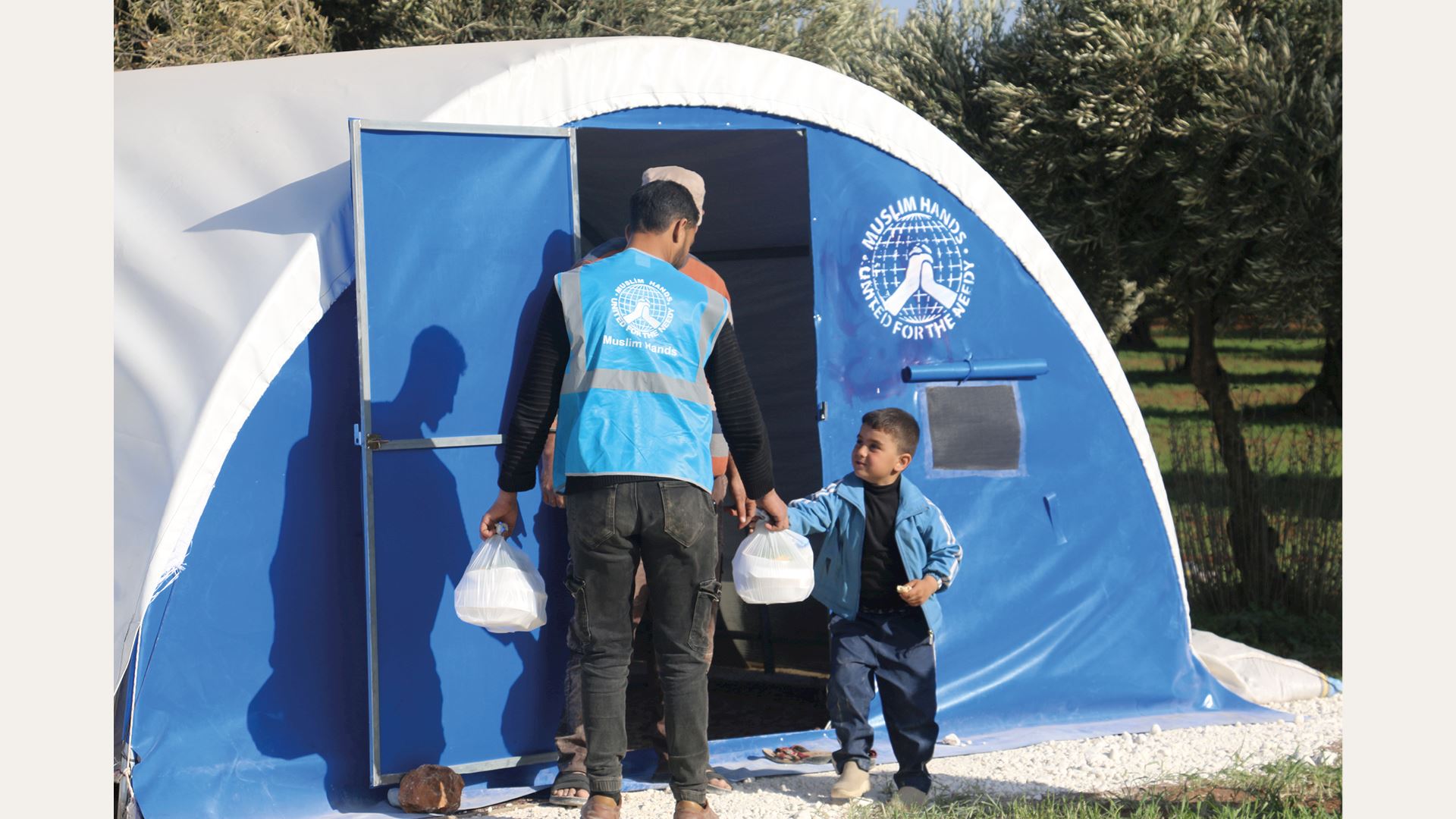
In light of the thousands of internally displaced people (IDPs) that lost their tents, we are providing large winter tents to Syrian IDPs that will be a part of a larger tent city. These durable winter tents can house up to six people. They also include more storage, toilet and shower facilities and a water tank, while also giving access to a communal kitchen.
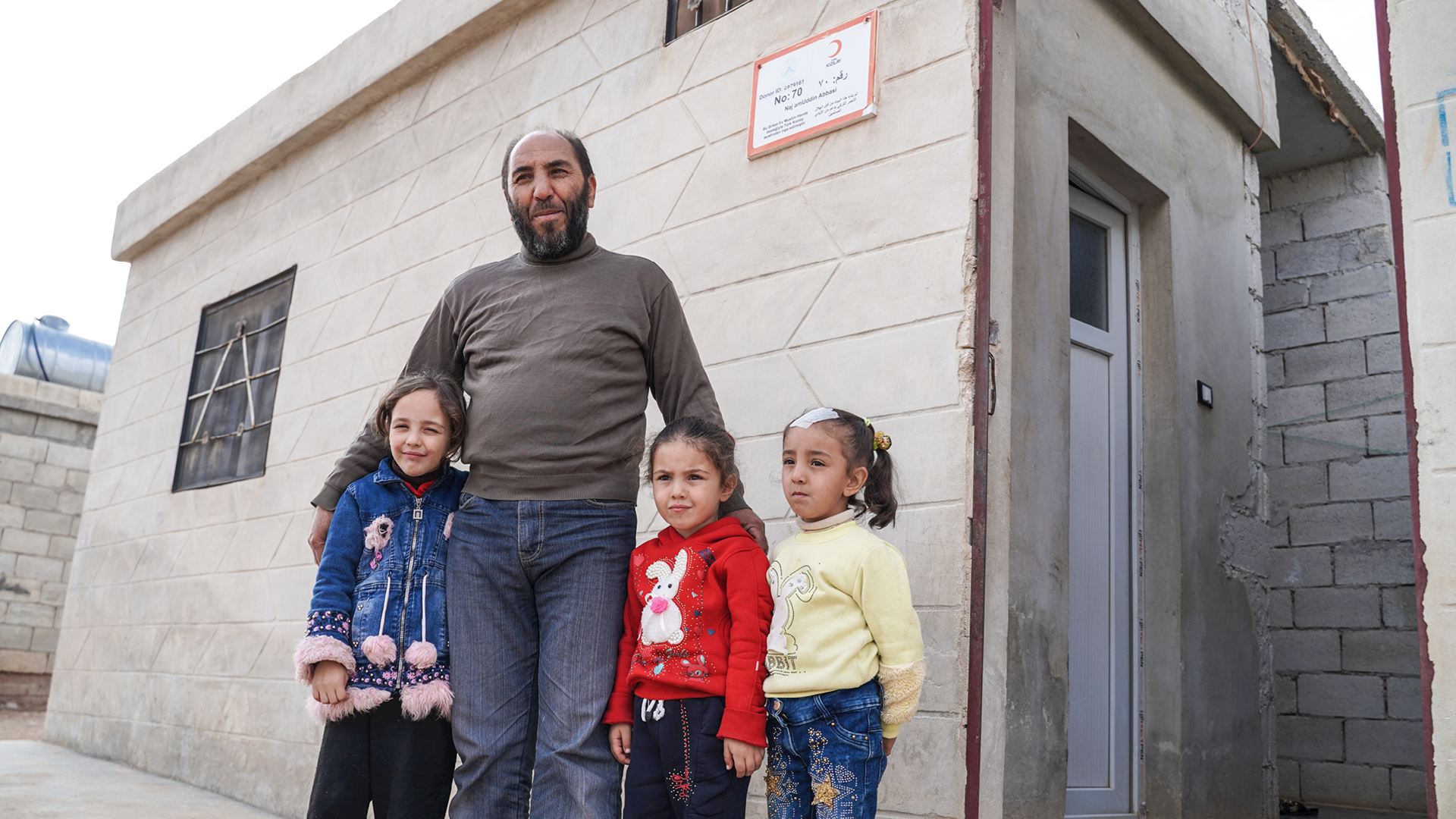
With the help of our partners, we continue to house Syrian families that have been living in makeshift shelters for over a decade. These brick houses in Idlib will stand in a wider community of 50,000 houses which we are relieved to share, withstood the destruction of the earthquakes and are still standing today.
However, we will need your help to keep these projects running and continue to support our Syrian brothers and sisters in crisis. Donate today so that we will be able to build more homes, provide more tents and feed the thousands in need of daily food.





